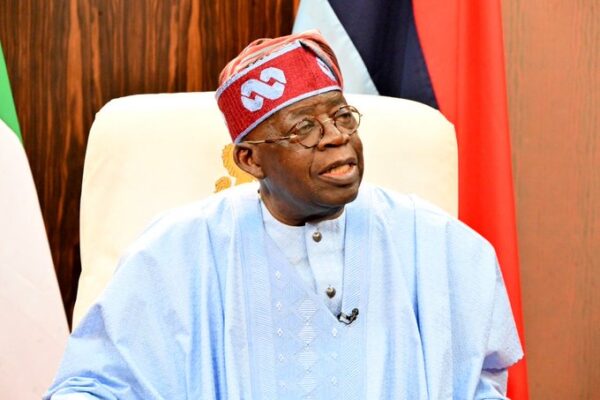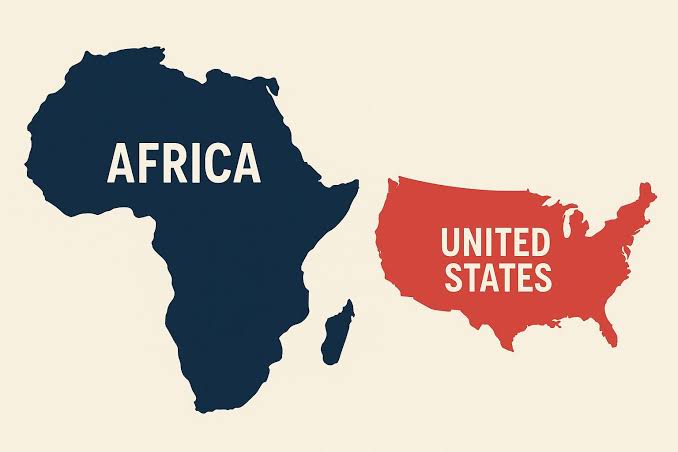
Togo’s President Signs Constitution to End Presidential Elections

In a controversial move, Togo’s President, Faure Gnassingbe, has signed a new constitution that abolishes presidential elections, paving the way for Parliament, dominated by his ruling party, to select future presidents.
This development follows the recent parliamentary elections where Gnassingbe’s party secured a majority, as announced by the election commission last Saturday.
The new constitution, which also extends presidential terms from five to six years and introduces a one-time term limit, will not count the nearly two decades Gnassingbe has already served. This could allow him to remain in power beyond his current term, which ends in 2025.
The political opposition, civil society, and religious leaders see this new constitution as a manoeuvre to perpetuate the Gnassingbe family’s rule, which spans nearly six decades.
These changes come amid a backdrop of increasing restrictions on civic freedoms. In the lead-up to this constitutional revision, the government banned protests, detained opposition leaders, and restricted media coverage by suspending foreign journalists’ accreditation and banning the Catholic Church from observing the elections.
The new constitution also creates a position akin to a prime minister, to be filled by a ruling party member, which critics argue could further consolidate Gnassingbe’s control in Togo.
In response to these developments, civil society groups have called for nationwide protests to demand the reinstatement of the previous constitution.
Read: We Are Sure of the Fact, There Are Moves to Site U.S. and France Bases in Nigeria – Prof. Siddique
About The Author
Related Articles
Bola Tinubu Administration Accused of Enabling Terrorism as NSA Nuhu Ribadu Pushes Terrorist Reintegration with Western-Funded Ex-Fighter Programs
The administration of President Bola Tinubu is running the country on autopilot...
ByWest Africa WeeklyMarch 1, 2026Sovereignty for Sale? African Leaders Under Fire for “Lopsided” US Health Deals Linked to CIA Mind Control Research
A diplomatic firestorm is sweeping across Africa after 17 nations signed on...
ByWest Africa WeeklyFebruary 27, 2026Zimbabwe Rejects $350m US Health Deal Over Sovereignty Dispute
Zimbabwe has formally withdrawn from negotiations on a proposed $350 million health...
ByWest Africa WeeklyFebruary 25, 2026Niger’s President Outlines Vision for Strategic Partnership with China
Niger’s Head of State, General Abdourahmane Tiani, has articulated a renewed vision...
ByWest Africa WeeklyFebruary 25, 2026











